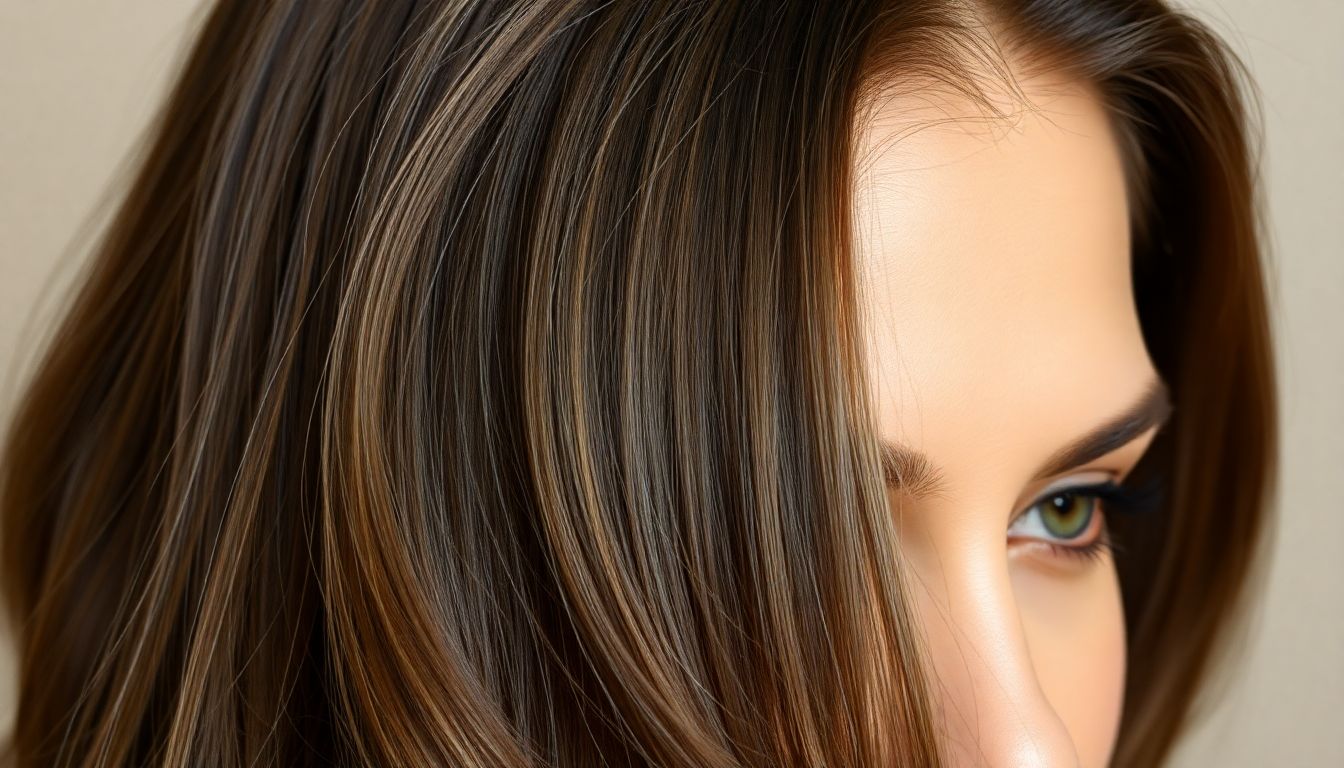
The hair loss struggle is real for many people. From losing a few strands to noticeable bald patches, the journey can be emotionally draining. But knowing that effective treatments exist offers hope.
The Shocking Statistics of Hair Loss
Hair loss affects millions globally. Here are some eye-opening statistics:
- About 40% of men experience noticeable hair loss by age 35.
- By age 50, approximately 85% of men have significantly thinning hair.
- For women, about 50% will experience hair loss in their lifetime.
These numbers highlight how common hair loss is, affecting self-esteem and confidence. The good news is that various treatments can help, allowing people to reclaim their hair and confidence.
Understanding the Root Causes of Hair Loss
Genetics and Hair Loss: The Family Factor
Genetics plays a significant role in hair loss. Conditions like androgenetic alopecia, often called male or female pattern baldness, can be inherited. When your parent or grandparent lost hair, you might be at risk too. Genes influence hair follicles, making them shrink over time and leading to thinner hair strands.
Hormonal Imbalances and Hair Shedding
Hormones also significantly affect hair health. Changes, especially in hormones like testosterone and estrogen, can lead to hair shedding. Conditions like polycystic ovary syndrome (PCOS) in women often cause hormonal shifts that result in hair thinning. Consulting with a health expert can provide guidance on managing these imbalances effectively.
Lifestyle Factors Contributing to Hair Loss
Daily habits can impact hair health. Here are some key factors:
- Nutrition: A diet lacking essential nutrients can weaken hair.
- Exercise: Regular physical activity boosts overall health, including hair strength.
- Stress and Sleep: High-stress levels and inadequate sleep can contribute to hair loss.
Making positive lifestyle choices can promote healthier hair growth.
Topical Treatments for Hair Loss: A Closer Look
Minoxidil: The Over-the-Counter Solution
Minoxidil, an over-the-counter treatment, has shown effectiveness in stimulating hair growth. This solution allows blood flow to the hair follicles, which can help enlarge them and extend the growth phase of hair.
Application process:
- Apply directly to the scalp twice a day.
- Wash hands thoroughly after use.
Potential side effects may include itching or dryness. Many users report positive results within months.
Other Topical Treatments: Serums and Oils
Various serums and oils are also available. Products rich in peptides can improve hair health by nourishing follicles and boosting growth. Always opt for high-quality products with proven ingredients to ensure effectiveness.
Oral Medications: Effective Internal Solutions
Finasteride: A Prescription Option for Men
Finasteride is a prescribed medication for men. It works by blocking the hormone responsible for shrinking hair follicles.
Efficacy: Studies show that about 80% of men experience reduced hair loss or even regrowth.
Potential side effects include sexual dysfunction or mood changes. Consult with a doctor for tailored advice.
Other Oral Medications: Emerging Treatments
Several new oral medications are emerging, targeting different aspects of hair loss. Each comes with its pros and cons. Ongoing clinical trials continue to explore their effectiveness, so it’s essential to stay informed.
Advanced Hair Loss Treatments: Exploring the Options
Hair Transplantation: Restoring Hair Density
Hair transplantation involves moving hair follicles from one area of the scalp to another.
Techniques:
- Follicular unit extraction (FUE)
- Follicular unit transplantation (FUT)
Costs vary widely, often ranging from $4,000 to $15,000. Recovery time can be a few days, but full results may take several months.
Low-Level Laser Therapy (LLLT): A Non-Invasive Approach
LLLT uses laser technology to stimulate hair follicles. This method is non-invasive and can be done at home or in a clinic.
Effectiveness: Many users report improvements in hair density over consistent use.
Lifestyle Changes for Healthier Hair
Nutritional Strategies for Hair Growth
Certain nutrients promote hair growth:
- Vitamins: Biotin, vitamin D, and E are vital.
- Minerals: Zinc and iron support healthy follicles.
Including foods like eggs, spinach, nuts, and fish can enhance nutrient intake.
Stress Management Techniques for Hair Health
Stress can lead to hair shedding.
- Meditation: Few minutes daily can reduce anxiety.
- Yoga: Helps relax both mind and body.
- Exercise: Simple activities such as walking can boost mood.
Reducing stress benefits overall health and supports hair growth.
Conclusion: Regain Your Confidence with the Right Treatment
Choosing the right hair loss treatment can be life-changing. Options range from topical solutions to advanced procedures. Always consult a dermatologist or trichologist to create the best plan tailored to personal needs. Remember—hair regrowth takes time and patience, but with the right approach, reclaiming confidence is possible.
